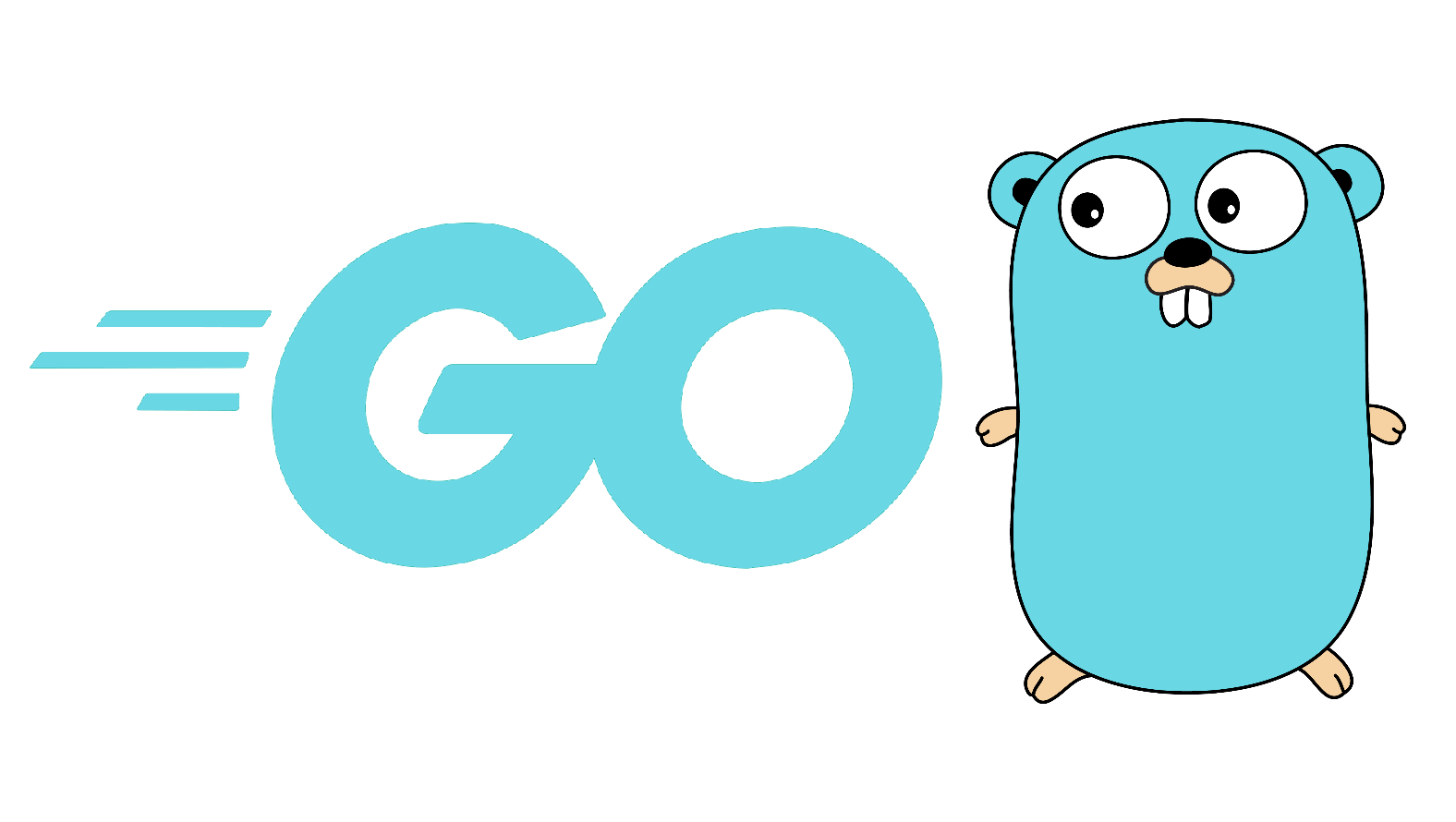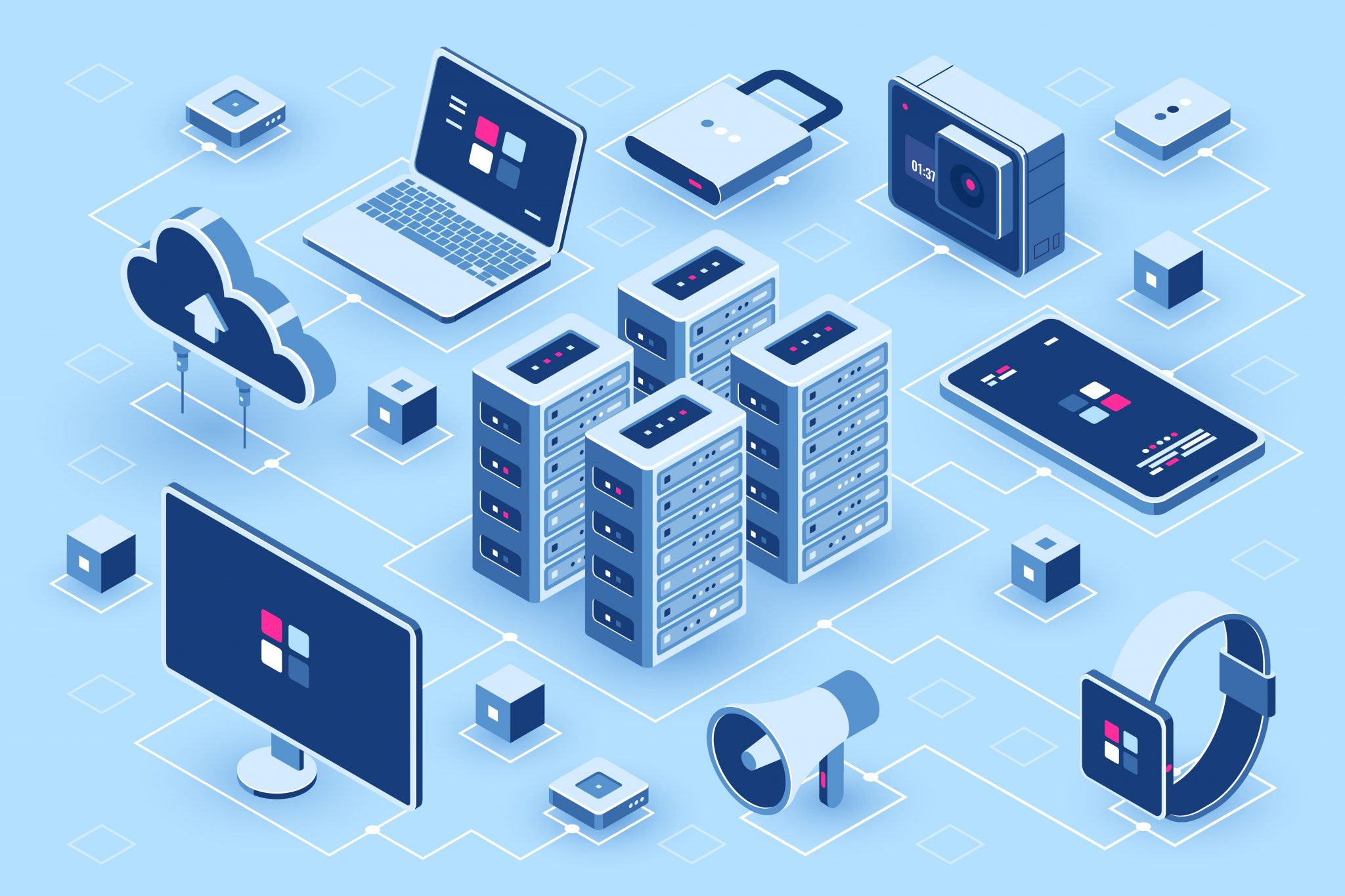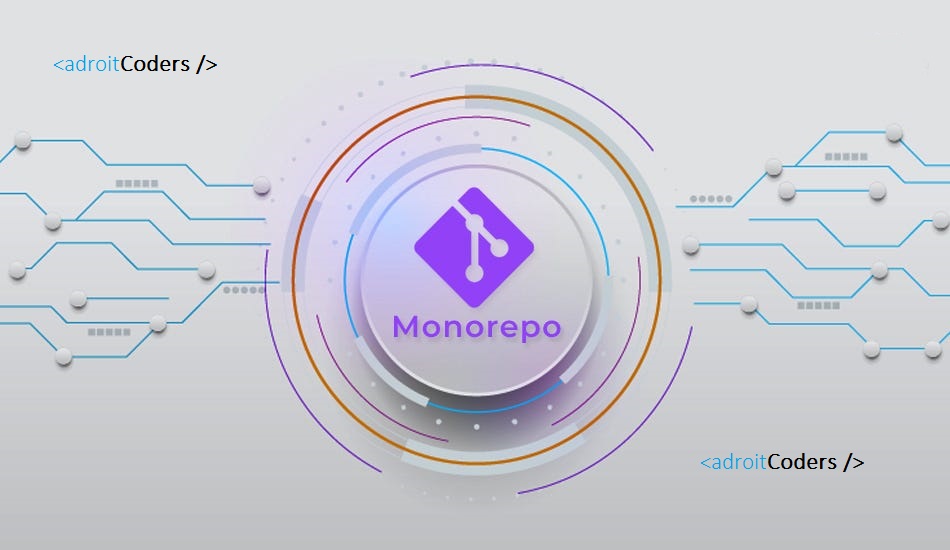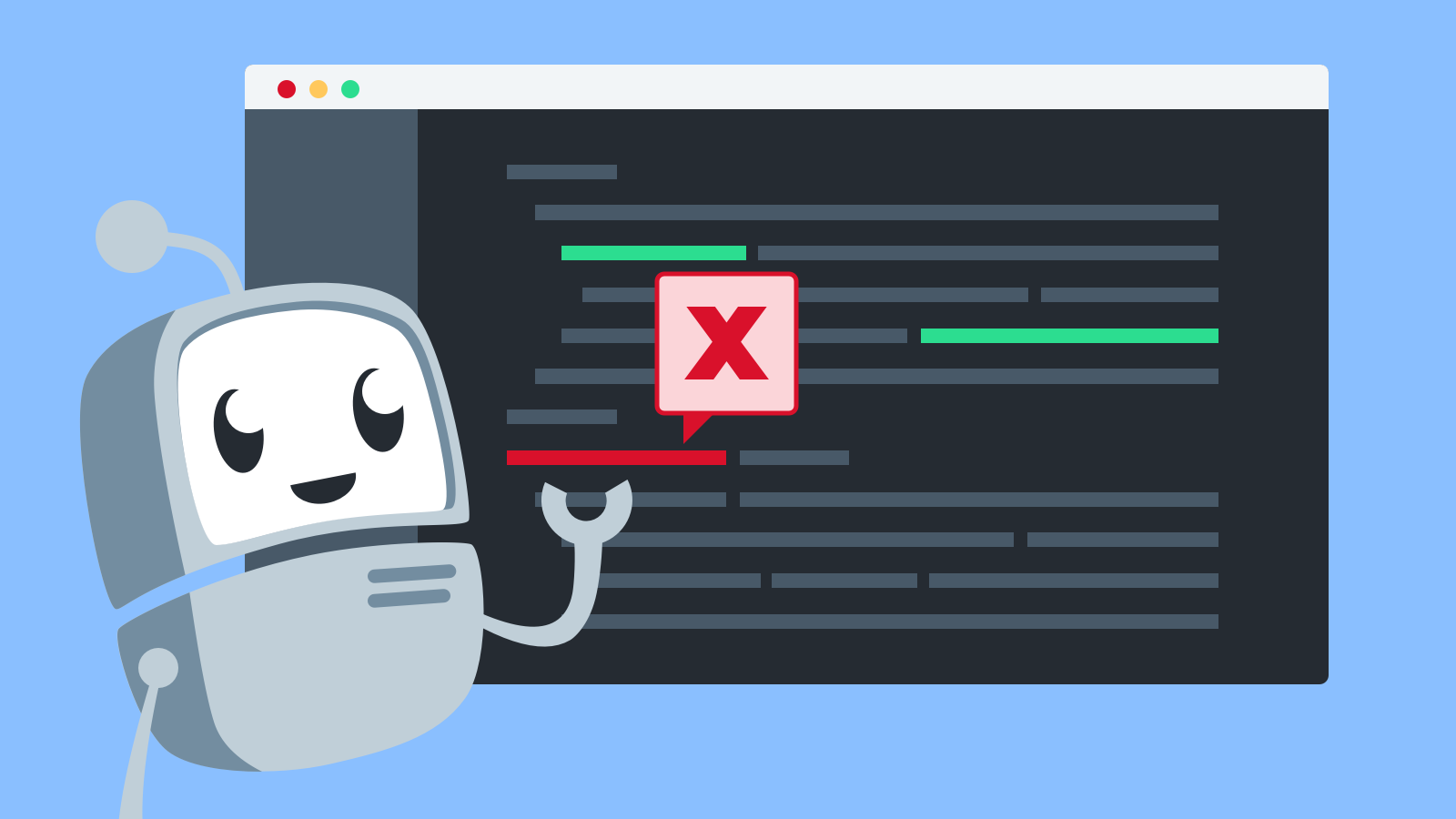Certainly! The Golang standard library is a rich collection of packages that provide a wide range of functionality to developers. Here’s an overview of some commonly used packages in the Go standard library:
1. fmt: This package provides functions for formatted I/O, including printing to the console, reading input, and formatting strings. It is often used for debugging and displaying program output.
2. net/http: The `net/http` package provides an HTTP client and server implementation. It allows you to build HTTP servers, make HTTP requests, handle routing, and process HTTP responses. It forms the foundation for building web applications in Go.
3. io: The `io` package provides interfaces and utility functions for input and output operations. It includes functions for reading and writing data from different sources, such as files, network connections, and in-memory buffers.
4. encoding/json: This package provides functionality for encoding and decoding JSON data. It allows you to marshal Go data structures to JSON and unmarshal JSON into Go data structures. It is commonly used for working with JSON-based APIs.
5. os: The `os` package provides operating system-specific functionality, such as file operations, environment variables, process management, and system information. It allows you to interact with the underlying operating system in a portable way.
6. time: This package provides functionality for working with dates, times, and durations. It allows you to parse, format, manipulate, and compare dates and times. It also includes a timer and ticker for scheduling tasks.
7. sync: The `sync` package provides synchronization primitives for managing concurrent access to shared resources. It includes mutexes, condition variables, wait groups, and other tools for safe concurrent programming.
8. flag: This package helps in parsing command-line arguments. It allows you to define flags and options for your command-line programs and easily retrieve their values.
9. testing: The `testing` package provides a testing framework for writing tests in Go. It includes functions and utilities for writing and running tests, reporting failures, and measuring test coverage.
10. strconv: The `strconv` package provides functions for converting strings to various data types and vice versa. It is commonly used for parsing and formatting numeric and boolean values.
11. crypto: The `crypto` package provides cryptographic primitives, including hash functions, encryption algorithms, digital signatures, and random number generation. It enables secure communication and data protection.
12. database/sql: This package provides a generic interface for working with SQL databases. It allows you to perform database operations, such as querying, inserting, updating, and deleting data, using a common API across different database systems.
These are just a few examples of the packages available in the Go standard library. The standard library covers a wide range of domains, including networking, file I/O, text processing, data serialization, testing, concurrency, and more. Its extensive collection of packages simplifies development in Go and encourages best practices through consistent and well-tested functionality.


















